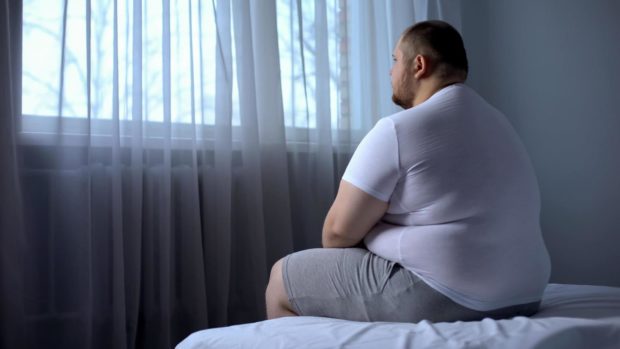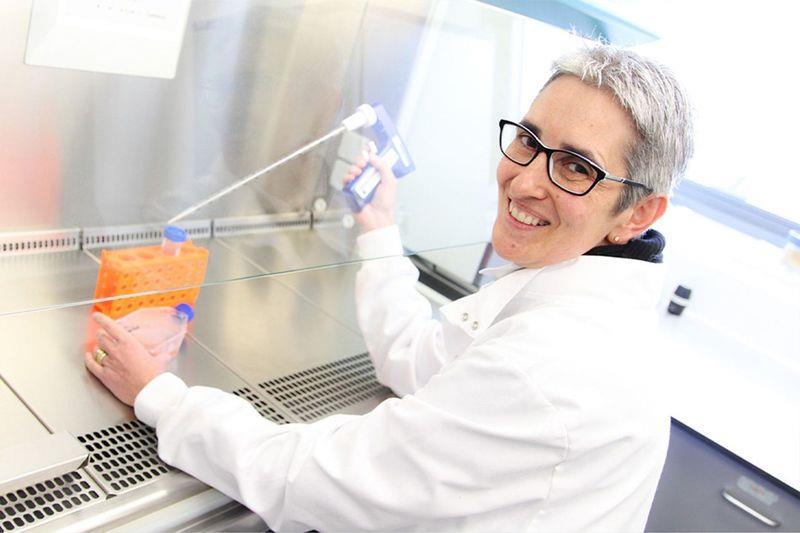Two out of three adults are now obese in Scotland.
And new research has now revealed that patients with severe obesity problems are undergoing weight loss surgery too late.
The study shows those assessed in Scotland for procedures such as gastric bypass surgery are now older and have a higher BMI than ever before.
The research – part of the SurgiCal Obesity Treatment Study (SCOTS) – says many of these patients are experiencing “poor physical functioning” and often need to use specialist aids and equipment in their homes.
Our findings demonstrate that we need to act much earlier to ensure that people with severe obesity are not significantly disabled by the time they are receiving treatment.
Professor Jennifer Logue
Their quality of life was found to be the same as cancer patients receiving palliative care, or patients with end-stage renal failure.
The new research, led by the Universities of Glasgow and Lancaster and published in BMJ Open, also found that not many patients were given the option of surgery through the NHS.
Patients who do get access to it are generally older than 47 with a BMI of around 48.
Professor Jennifer Logue, Professor of Metabolic Medicine at Lancaster University, formerly of the University of Glasgow, said: “Our findings demonstrate that we need to act much earlier to ensure that people with severe obesity are not significantly disabled by the time they are receiving treatment.
“We also need more research to understand the health effects, as well as the best treatment of very severe obesity.”
The study looked at 445 people scheduled for bariatric surgery at the 14 centres in Scotland which offer this type of surgery.
What can be done to tackle obesity?
Dr Giovanna Bermano, Reader in Molecular Nutrition at Robert Gordon’s University, believes we need to work together to prevent obesity but also take more responsibility as individuals.
She said the public is bombarded by health messages that can be confusing.
She said: “Why not explain what is happening to the body when we put on weight, it’s not just our physical appearance but there’s a lot of mechanisms within the body that change. If we all know what these changes are then maybe we can make our own decisions.
Our joints suffer from excess weight
“All of our joints and bones really suffer from excess weight we are carrying and the heart too and there can be higher levels of depression.
“The body has to manage to cope with excess weight in different ways. With a smaller body, the pressure on the heart to pump blood is less than in a bigger body.
“If people are obese they suffer more and it can be more damaging in the long term.”
Obesity Action Scotland has called on the Scottish Government to introduce a food promotions restrictions bill to help people make healthier choices when they shop.
This would put legal restrictions on promoting food high in sugar, salt and fat and storing high-calorie sweets at tills.
The action group also wants improvements to be made at food take-aways so that there is labelling and healthier choices available.
‘It was a significant problem before Covid-19’
Lorraine Tulloch, programme lead at Obesity Action Scotland said: “Rates of obesity in Scotland are unacceptably high across the whole adult population of Scotland now.
“Already we are in a position where two out of three adults are overweight, or obese. That’s now the majority of the population.
“It was a significant problem already before Covid but we know from some of the surveys and work that has been done during the pandemic that a significant number of people have put on weight because of the secondary impact of lockdowns.
“We’re expecting that figure is going to be worse in the future.”
More health news…
Want to lose weight? Why 5,000 steps a day is better than 10,000
CrossFit: The craze that helps with menopause symptoms
‘I’m so lucky’: The gran who found fitness helped her recover after losing lung to cancer
How gyms are helping people find routine and balance


